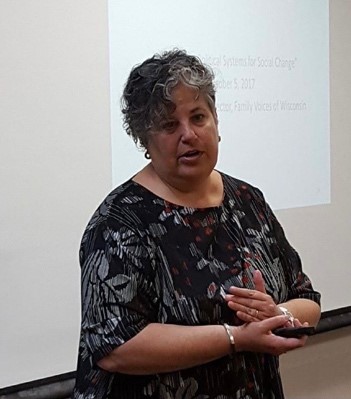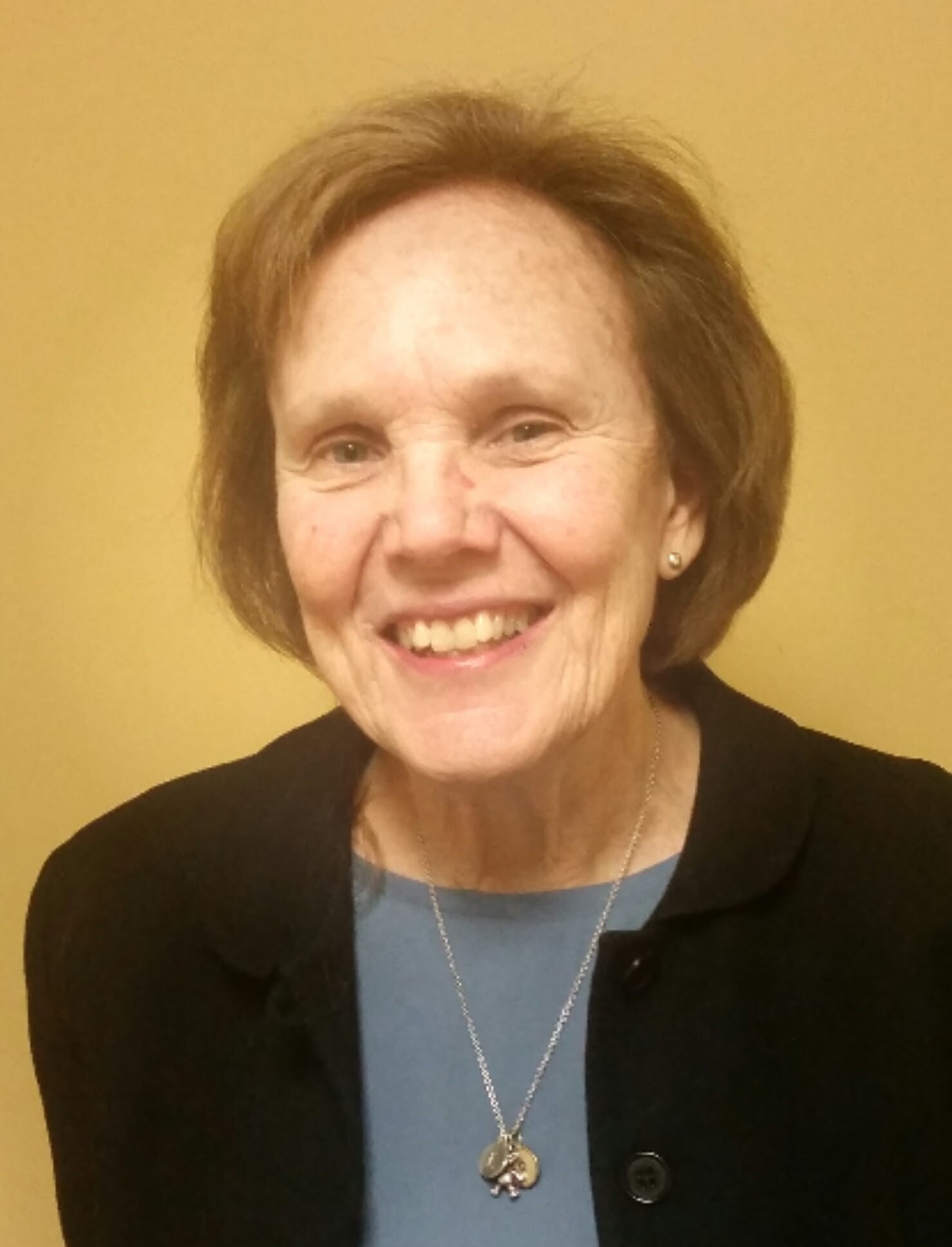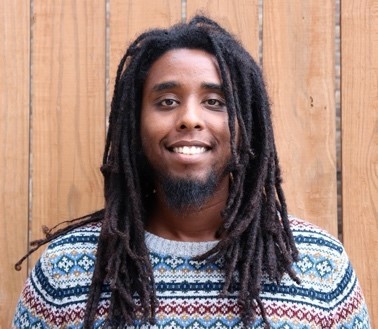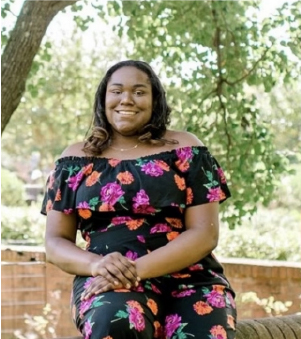 Written by Steph Lomangino, LMSW
Written by Steph Lomangino, LMSW
In 2021, a national survey reported that three in five Americans feel their mental health is negatively impacted by the holidays. This time of year may create triggers that might require additional help. For disabled youth and their families, holiday-related stress may be compounded by existing needs or challenges, such as managing medical complexity during this time of year. Hispanic and Latino families may face additional stress if they are away from family in different countries during this special time of year.
Although mental health challenges might be heightened during the holidays and new year, existing services for children’s mental and behavioral health remain limited or difficult to access.
The Mental Health Emergency
Families often turn to the Emergency Room as the only option to address mental health-related issues in a time of need. Recent data show that between 2011 and 2020, the annual number of mental-health related visits for people ages 6 to 24 rose from 4.8 million to 7.5 million. At the same time during this period, the total number of youth visiting the ER decreased.
This growing need added to an ongoing problem: overflowing Emergency Rooms combined with a lack of other services. This problem puts children, families, and providers in a situation with nowhere to turn. In 2022, Family Voices signed on to a letter to President Biden from the American College of Emergency Physicians calling for the urgent need of more mental health services so that children don’t get “stuck” in the ER.
Investments in Mental Health
The federal government and many states have begun to address the problem of unmet mental health needs that both children and adults are facing. This includes large investments in mental health services and expanding crisis services such as the 9-8-8 hotline and behavioral health urgent care centers.
Despite these positive changes, there continue to be enormous challenges in accessing mental health services, and these challenges vary greatly from state to state. These problems include:
- little or no funding for 9-8-8 or urgent care;
- a fragmented offering of accessible services beyond crisis care;
- unaffordable coverage due to inadequate or no health insurance;
- a shortage of diverse and culturally competent mental health providers;
- and outdated provider contact information.
For professionals, working toward improving these problems should be a top priority, guided by the voice of families and youth.
Community Mental Health Supports
Beyond professional services, natural community supports are an important part of supporting one’s mental health. As we continue through the holiday season and into 2024, there are many other ways to offer support and destigmatize mental health challenges. This might look like:
- making a mental health plan for yourself or helping someone make a plan for themselves;
- being open to talking about mental health with people in your communities;
- inviting someone to celebrate with you if they are alone during the holidays;
- or joining an online support group to connect with others who might be experiencing a similar challenge.
Professionally and personally, we can support the children and families in our lives to make strides through difficult situations, during the holidays and beyond.


















